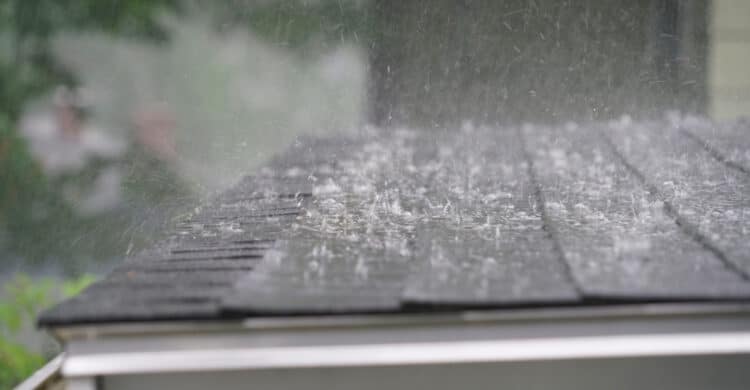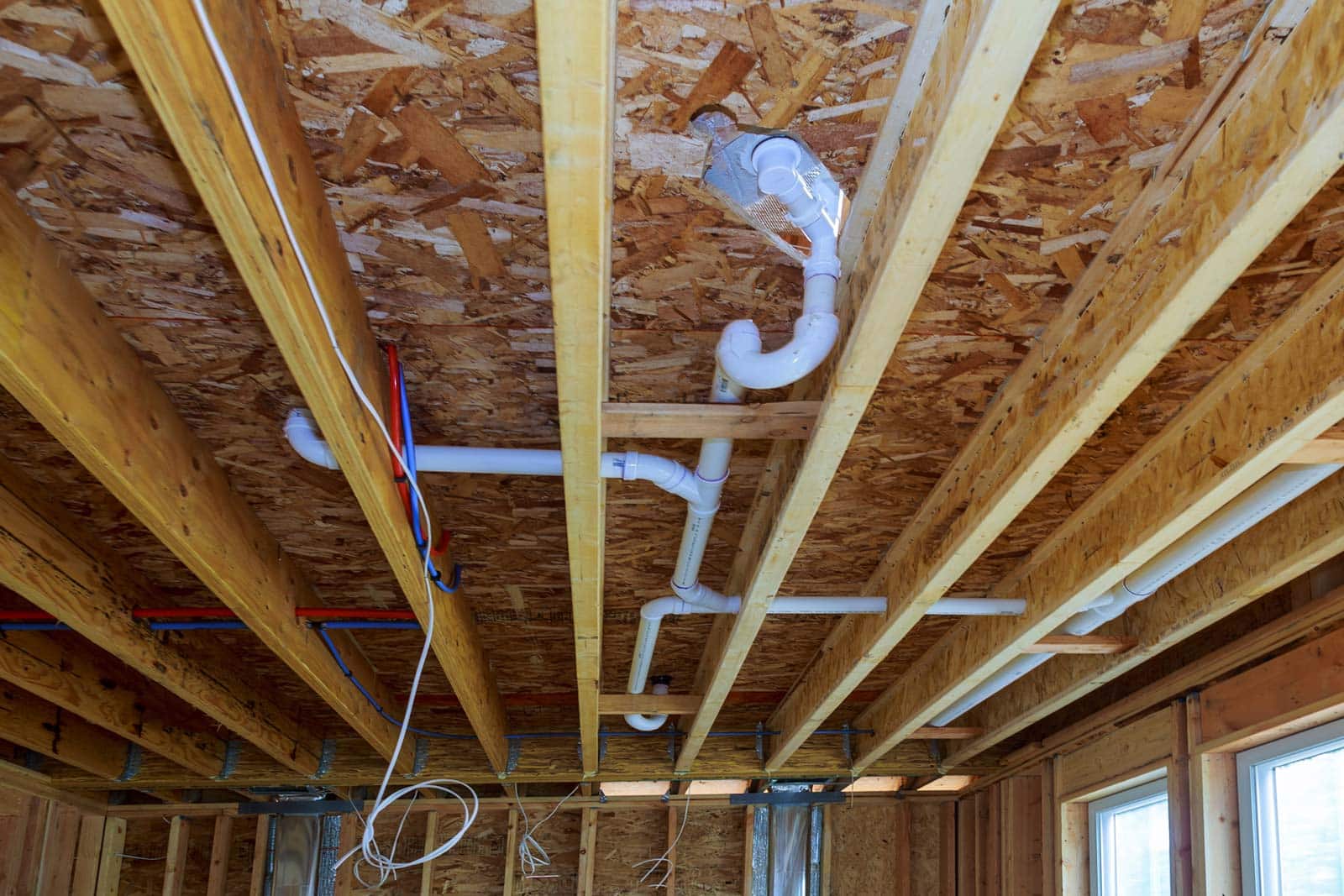
Protecting Your Plumbing System from Summer Storms
This means more than just making sure your gutters are clean (although that’s important too.). Protecting your plumbing system from summer storms is about taking proactive steps. You want to be sure your pipes, drains, and fixtures are ready to handle the extra stress that heavy rainfall can bring. Don’t wait for disaster to strike before you take action – a little preparation now can go a long way in protecting your home.
How Summer Storms Impact Your Plumbing
Heavy rainfall from summer storms can wreak havoc on municipal sewer systems. Ever noticed those giant pools of water forming near storm drains? That’s a sign the system is overwhelmed.
When the municipal sewer system is overloaded, it can’t handle the increased volume of water. This increases the pressure in the sewer lines. If you’re wondering what that means for your home’s plumbing, it could lead to sewage backing up into your home. This backup can happen through any plumbing fixture connected to the sewer system, including toilets, sinks, and even shower drains.
Protect Your Plumbing: Stop Backups Before They Start
Thankfully, you can do a few things to prevent these plumbing nightmares from becoming your reality. One effective solution is to have a sump pump installed in your basement or crawlspace. A sump pump works by pumping out excess water that accumulates around your home’s foundation.
This keeps your basement dry and prevents water from infiltrating your home’s foundation. By mitigating this, you help prevent potential damage to your home’s foundation or basement. You also protect your plumbing from the added strain of summer thunderstorms.
Why You Should Test Your Sump Pump
Don’t wait until you’re knee-deep in a flooded basement to realize your sump pump isn’t working correctly. Testing your sump pump at least once a year is highly recommended. You want to ensure it kicks in when you need it most. It’s a simple process – you can pour a bucket of water into the sump pit to see if the pump activates and effectively removes the water.
If you have any doubts about the condition of your sump pump, consider reaching out to a qualified plumber. You also want to reach out if you have concerns about its ability to handle heavy rainfall. Remember, having a properly working sump pump is essential when protecting your plumbing system from summer storms.
Safeguarding Your Drains: Prevent Clogs and Overflows
Summer storms mean leaves, twigs, and all sorts of debris can clog storm drains. This often leads to localized flooding around your property. The last thing you want is water accumulating around your home’s foundation, potentially seeping into your basement.
This excess water puts additional strain on your plumbing. It increases the risk of leaks and water damage. Clogged storm drains also mean water takes longer to recede, leading to soggy lawns and potential mosquito breeding grounds. Consider these reasons for ensuring your drains are clear.
Simple Steps to Prevent Drain Issues
The good news is that you can take proactive steps to prevent clogged storm drains. Before a summer storm hits, take a walk around your property and remove debris. You can also install grates over your drains to prevent leaves and larger debris from entering.
These simple measures go a long way in protecting your plumbing system from summer storms and safeguarding your property from flooding. Be sure to keep this in mind as storm season arrives.
FAQs about Protecting Your Plumbing System from Summer Storms
How do I prepare my plumbing for summer?
Preparing your plumbing for summer and mitigating the risks posed by summer storms involves several key steps: Inspect and clean gutters and downspouts to ensure proper water drainage. Next, have a plumber inspect your sewer line and check your sump pump to make sure it’s working correctly. You can also consider installing a backwater prevention device. Outdoor plumbing fixtures can be impacted by extreme summer heat so be sure to check your outdoor faucets for any issues.
Does hot weather affect plumbing?
Yes, hot weather can affect your plumbing. High temperatures can cause the ground to shift, putting stress on your pipes and potentially leading to leaks and leaking pipes. Heat can also increase water usage, leading to greater demand on your system. This could potentially contribute to problems like low water pressure or water heater issues.
If you notice a change in water pressure during the summer months, your water heater installation might need to be looked at. An increase in water usage could mean that your water heater is working overtime and may need to be serviced.
Can a storm cause plumbing problems?
Yes, storms can lead to plumbing issues. Heavy rain can overload sewer systems, increasing the risk of backups in your home. Strong winds can down trees or branches, damaging your roof and leading to leaks. Lightning strikes can also damage your plumbing system, potentially causing electrical surges.
It’s a good idea to familiarize yourself with your home’s plumbing system so that you can quickly address any problems that may arise during a storm. Taking the time to learn a few basic plumbing maintenance tips can go a long way in protecting your home from plumbing disasters.
Conclusion
Protecting your plumbing system from summer storms is crucial for every homeowner. Taking proactive measures to address potential issues will save you a lot of trouble and expense in the long run. By following the tips outlined in this article, you can rest assured knowing you’ve taken steps to protect your home.
A small investment in prevention today can potentially save you from costly repairs tomorrow. For any plumbing concerns or if you need expert advice, consider reaching out to a professional plumbing service like Conditioned Air Systems. Their expertise can help ensure that your plumbing system remains in top shape, even when summer storms strike.
Remember, safeguarding your home’s plumbing is not just about immediate fixes but about long-term peace of mind. Don’t wait for problems to arise—take action now and protect your home.
Protect Your Plumbing System

